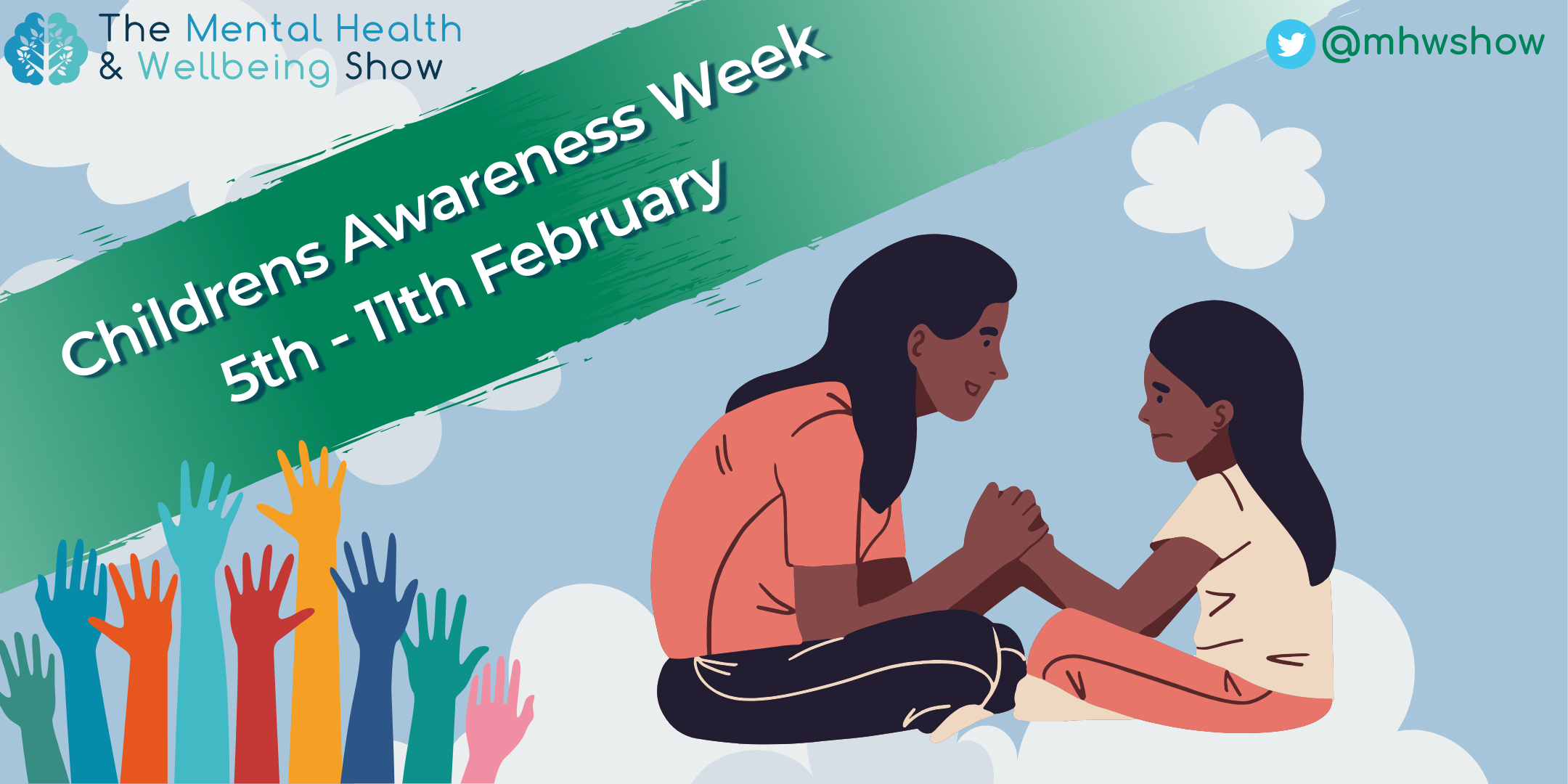
Every year, Children’s Mental Health Week serves as a poignant reminder of the significance of nurturing mental well-being in our youngest generation. From February 5th to February 11th, this week offers a dedicated space to raise awareness, initiate conversations, and implement initiatives that prioritise the mental health of children worldwide.
The importance of Children’s Mental Health
Children encounter a myriad of challenges as they navigate the complexities of growing up. Academic pressures, social dynamics, family circumstances, and internal struggles can all significantly impact their mental health. Recognising the significance of addressing these challenges early on is pivotal in cultivating resilience, emotional intelligence, and overall well-being.
Key Themes and Initiatives
Each Children’s Mental Health Week revolves around specific themes aimed at illuminating various aspects of mental health. Themes often focus on self-expression, emotional regulation, mindfulness, and building resilience. Schools, mental health organisations, and communities participate by organising workshops, talks, and activities that encourage children to express themselves freely and learn coping strategies.
Breaking the Stigma
One of the fundamental objectives of Children’s Mental Health Week is to break down the stigma associated with mental health issues. Encouraging open discussions in homes and classrooms about emotions, struggles, and seeking help is a crucial step in normalising conversations around mental health.
Supporting Children’s Mental Health
There are several ways parents, educators, and communities can support children’s mental health throughout the year, not just during this dedicated week:
- Encourage Expression – Make children feel safe expressing their emotions without judgement. This can be through creative outlets like art, music, or journaling.
- Teaching Coping Mechanisms – Equip children with coping mechanisms to manage stress and emotions. Breathing exercises, mindfulness techniques, and problem-solving skills can be invaluable.
- Promote Healthy Habits: Encourage regular exercise, a balanced diet, and sufficient sleep. Physical health greatly influences mental well-being.
- Create Safe Spaces: Ensure that children have trusted adults they can confide in when they’re feeling overwhelmed or anxious.
- Education and Awareness: Educate both children and adults about mental health issues, signs to look out for, and how to seek help when needed.
Conclusion
To conclude, Children’s Mental Health Week serves as a vital reminder of the significance of prioritising mental health in the lives of our young ones. With suggesting open conversations, providing necessary support, and implementing initiatives that promote emotional well-being, we can create a world where children grow up feeling supported, understood, and equipped to handle life’s challenges.
Let’s celebrate Children’s Mental Health Week by committing to nurturing the mental health of our children, ensuring they have the tools and support to thrive.